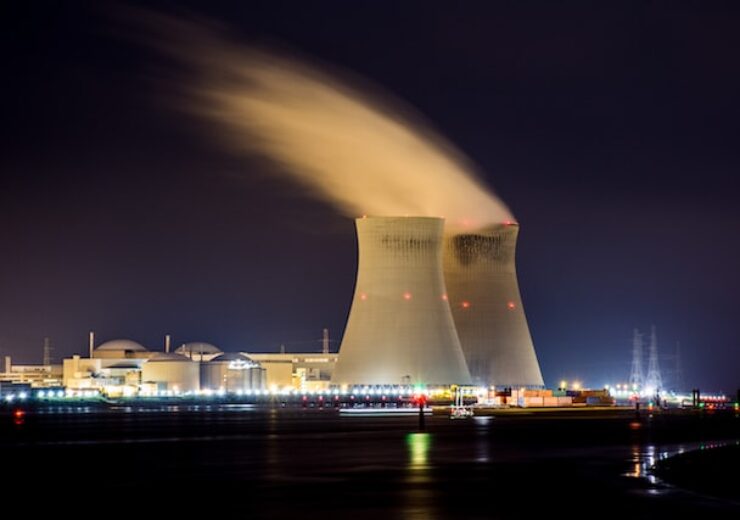The nuclear reactors to be extended include the Doel 4 and Tihange 3 reactors, which are destined to be shut down in two years, will restart in November 2026 after necessary work and will continue operating for 10 years

Belgium to extend the life of two nuclear reactors. (Credit: Nicolas HIPPERT on Unsplash)
The government of Belgium has signed an agreement with the French energy company Engie to extend the life of two nuclear reactors by 10 years.
The nuclear reactors to be extended include the Doel 4 and Tihange 3 reactors, which are among the seven latest reactors in Belgium.
The move reveres Belgium’s plan to exit nuclear power in 2025, reported Reuters.
The two reactors, which were destined to be shut down in two years, will restart in November 2026 after necessary work and will continue operating for 10 years, said the publication.
Belgian Prime Minister Alexander De Croo told the media: “The extension of these two nuclear reactors is crucial to guarantee our energy security. While there was an agreement in principle to extend the life of the two reactors, not all details of the agreement had been finalised.
“Talks will also continue about how to share responsibility between the Belgian state and Engie about the cost of nuclear waste management, but an agreement in principle has been reached for capping the cost of nuclear waste handling for Engie.
“The cost of the future dismantling of Belgium’s seven nuclear reactors will however remain the responsibility of Engie.”
Russia’s invasion of Ukraine has made the Belgian government reverse its decision to exit nuclear power in 2025, as the country’s dependence on natural gas increases.
Belgium’s electricity network operator had warned that the country would face a potential shortage in the winter of 2026-2027, which can be mitigated with the nuclear extension.
However, the country still needs a viable solution to bridge a potential gap in 2025-2026, reported Reuters.
The Doel 4 and Tihange 3 reactors entered service in 1985, and account for 35% of Belgium’s nuclear power generation, with a combined capacity of about 2GW.
Belgian Energy Minister Tinne Van der Straeten told Reuters: “The reactors would be operated through a joint company in which Engie and the Belgian state would be shareholders.”
Engie said: “The agreement in principle constitutes an important step, and paves the way for the conclusion of full agreements in the upcoming months.
“It also provides for the immediate start of environmental and technical studies prior to obtaining the authorisations related to this extension.”
